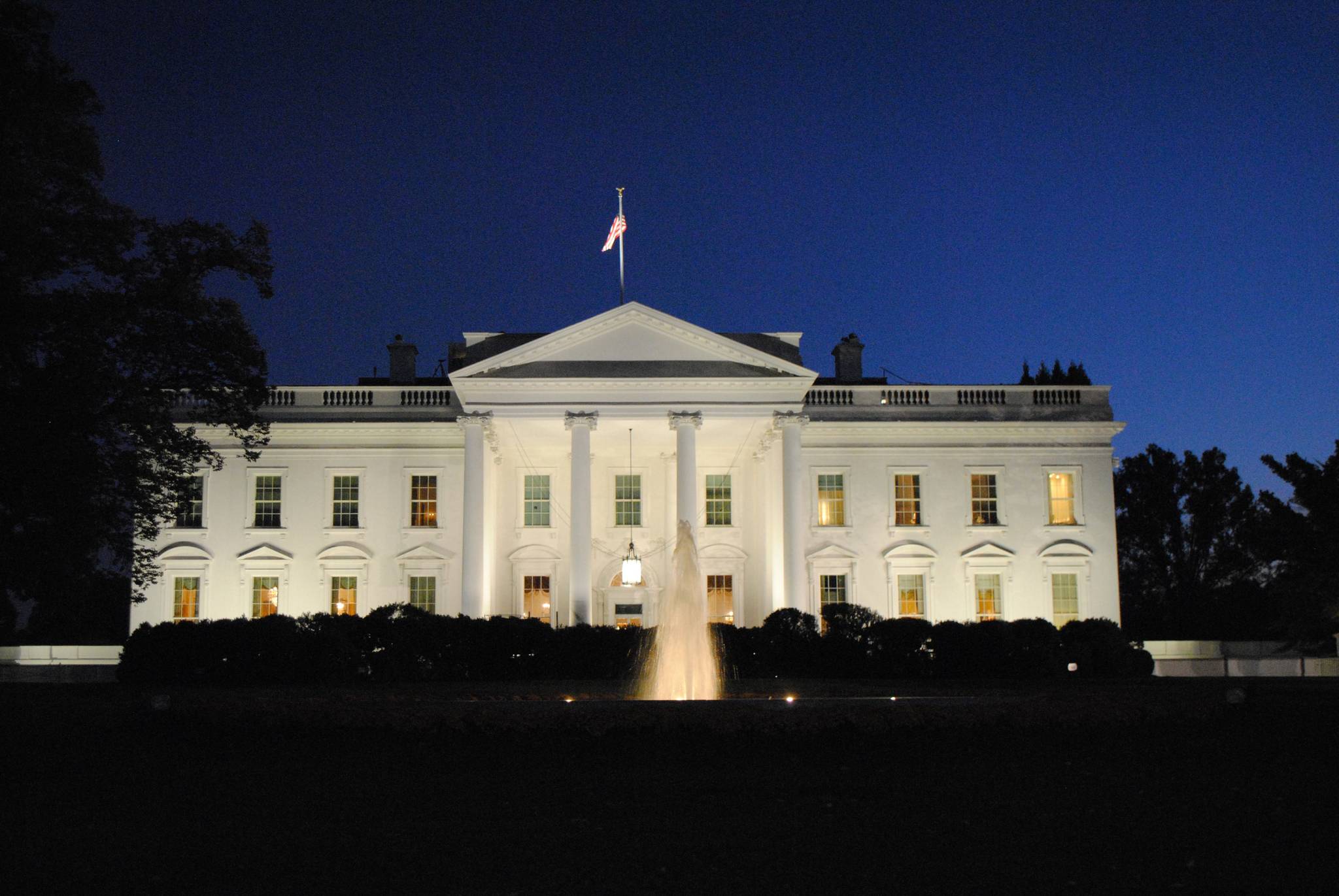By Rick Steiner
The first installment of the Biden administration’s much-anticipated plan to protect 30% of U.S. lands and waters by the year 2030 (the “30 x 30” initiative) falls far short of what was expected. In the May 6 report entitled: “Conserving and Restoring America the Beautiful,” the administration concedes that it does not intend to protect more federal lands or waters itself, but instead will simply support “voluntary” local efforts to “conserve” working lands and waters.
Here are two relevant passages:
“Rather than simply measuring conservation progress by national parks, wilderness lands, and marine protected areas in the care of the government, the President’s vision recognizes and celebrates the voluntary conservation efforts of farmers, ranchers, and forest owners…[it is] a call to action to support locally led conservation and restoration efforts…”
“…the President’s challenge specifically emphasizes the notion of “conservation” of the nation’s natural resources (rather than the related but different concept of “protection” or “preservation”)….”
To the delight of oil drillers, miners, trophy hunters, ranchers, farmers, loggers and factory trawlers, the Biden plan calls for doing nothing bold at the federal level, and simply cedes federal authority and responsibility on this to local politics.
Indeed, local conservation efforts are essential, but alone cannot protect the large ecosystems necessary for habitat and biodiversity. For that, we need bold action at the federal level to establish new, large-scale, strongly protected national parks, wildlife refuges, and monuments, both onshore and offshore, and the Biden plan entirely omits this necessary component.
Given the encouraging first 100 days of the Biden administration, the plan is particularly disappointing.
This “local-only” approach is an old trope used by anti-federal interests to feign concern for the environment while continuing to have their way with the world. And the claimed distinction between “conservation” and “protection or preservation” has been an industry rhetorical device for decades, dating back to the “Wise Use” movement. In fact, these terms are synonymous and interchangeable. This fabricated semantic distinction is an attempt to justify the environmentally unjustifiable – business as usual.
Clearly, local interests do not always align with national interests. For instance, had President Jimmy Carter taken a local-only approach with the 1980 Alaska National Interest Lands Conservation Act — that ultimately protected 157 million acres of spectacular national parks, preserves, refuges, wilderness, and monuments in Alaska, the largest expansion of protected lands in U.S. history — that historic conservation achievement never would have happened due to local opposition. We now need President Biden to be as bold as President Carter.
The Biden plan seems a capitulation to congressional Republicans and industry to curry political favor on other issues. Rather than the science-based approach we need to protect habitat and biodiversity, it is raw politics. It contains no analysis of ecosystem conservation needs across the nation, on land or offshore, and virtually ignores urgently needed large-scale ocean protections. It omits any mention of the need to establish more strongly protected Marine National Monuments in federal waters, which can be easily designated by executive order.
If the professed intent of the 30×30 initiative is to give our struggling terrestrial and marine ecosystems the best chance possible to make it to the far side of the climate chaos this century, this plan misses that goal entirely. It is an about-face from the administration position that there are things that only the federal government can, and must, do.
The nation deserves more. Our terrestrial and ocean ecosystems are in turmoil from decades of overuse, pollution, and climate change, and we need to do everything possible to reduce all anthropogenic impacts and stressors as much as possible. That can best be done by bold federal action.
The administration must reconsider and expand its 30×30 approach to include federal establishment of large-scale ecosystem protection measures, including significant expansion of marine and terrestrial parks, refuges, and monuments.
Our precious and troubled ecosystems deserve no less.
• Rick Steiner is a marine conservation biologist in Anchorage and former professor of marine conservation with the University of Alaska from 1980-2010. He now consults on marine environmental issues. Columns, My Turns and Letters to the Editor represent the view of the author, not the view of the Juneau Empire. Have something to say? Here’s how to submit a My Turn or letter.

